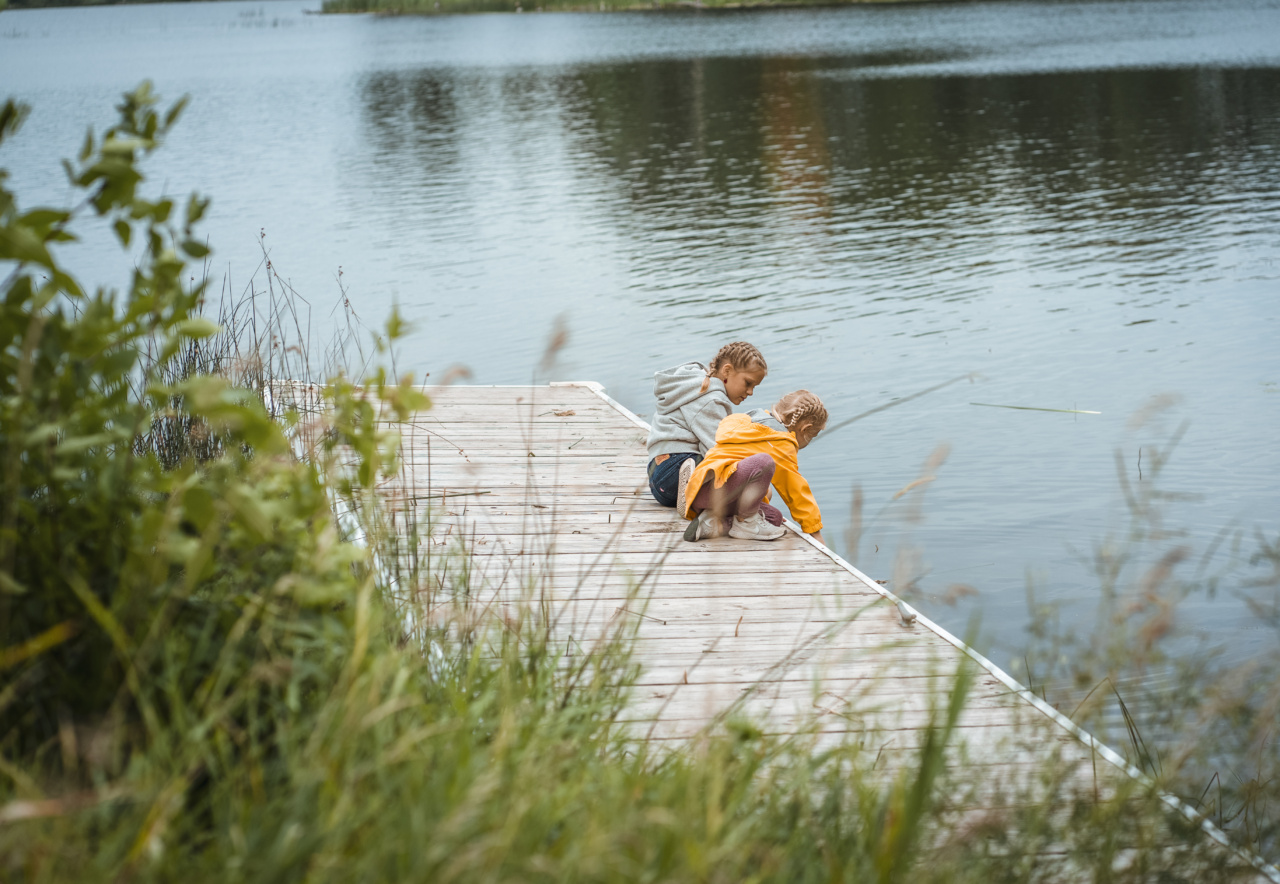As a parent, you have a huge impact on your child’s life. However, you can’t be there for them all the time. That’s where friendships come in. Friendships are important for your child’s development and overall well-being. Here are ten reasons why:.
1. Socialization
Friends help your child learn how to socialize with others. Being able to make and keep friends is a valuable skill that will serve your child well throughout their life.
2. Emotional Support
Friends provide emotional support when your child is feeling down or going through a tough time. They can listen, offer advice, and offer a shoulder to cry on.
3. Self-Esteem
Having friends gives your child a boost of self-esteem. It helps them feel accepted and valued by others, which in turn helps them feel better about themselves.
4. Communication Skills
Friendships help your child develop communication skills. They learn how to express themselves, listen to others, and work through conflicts.
5. Problem-Solving
Friends help your child learn problem-solving skills. When they have a disagreement with a friend, they have to work together to find a solution that works for both of them.
6. Empathy
Having friends helps your child develop empathy. They learn to see things from other people’s perspectives and understand their feelings.
7. Diversity
Friends can expose your child to different cultures, backgrounds, and ways of life. This helps them learn about diversity and become more open-minded.
8. Independence
Having friends gives your child a sense of independence. They learn how to do things on their own, make decisions, and take responsibility for their actions.
9. Fun
Friendships provide your child with opportunities to have fun. They can play games, have sleepovers, and go on adventures together.
10. Lifelong Relationships
Finally, friendships can last a lifetime. Your child may meet someone in elementary school and remain friends with them through college and beyond. These relationships can be incredibly important and rewarding.
Conclusion
Friendships are a vital part of your child’s life. They provide socialization, emotional support, self-esteem, communication skills, problem-solving skills, empathy, diversity, independence, fun, and lifelong relationships.
As a parent, you can help facilitate these friendships by encouraging your child to participate in activities and inviting their friends over to your home. By doing so, you’re helping your child develop into a healthy, happy, and well-rounded individual.































